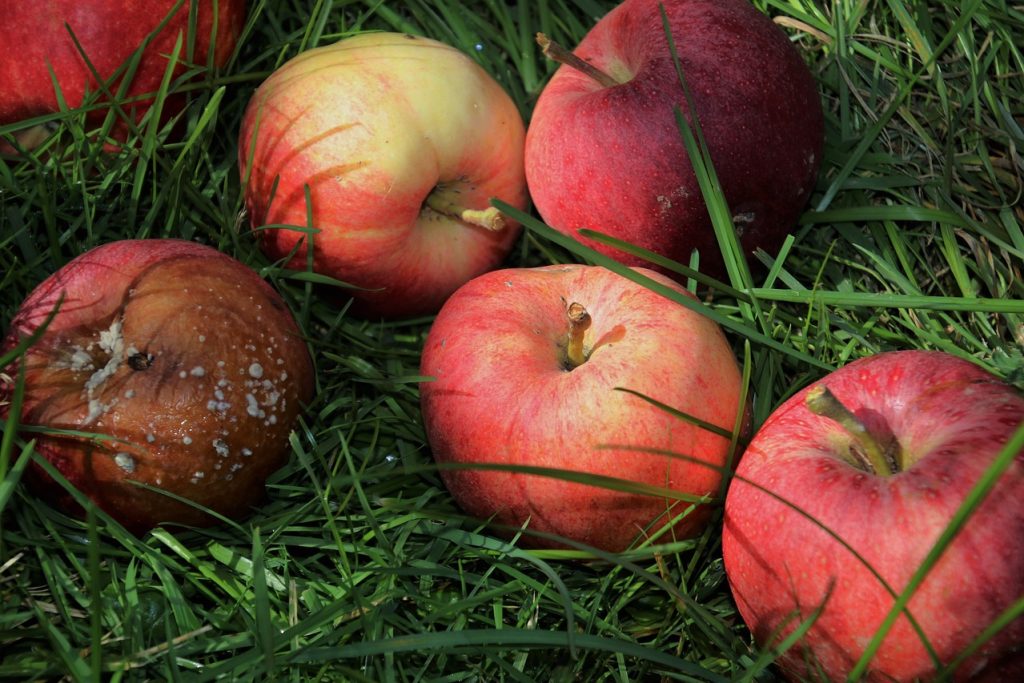Recent research has shown that many confuse food allergies and sensitivities, leading to misdiagnoses and unnecessary dietary restrictions. However, a new chart has been developed to help differentiate between the two.
Food allergies occur when the immune system overreacts to a certain protein in a particular food. This can cause a range of symptoms, including hives, itching, swelling, difficulty breathing, and even anaphylaxis, which is a life-threatening reaction. On the other hand, food sensitivities involve a less severe reaction, such as bloating, headaches, and digestive issues, and are often delayed in onset.
What Are The Top 10 Foods That Trigger Allergies and Sensitivities?
The most common foods that can trigger allergies and sensitivities:
- Peanuts
- Tree nuts (e.g. almonds, walnuts, cashews)
- Shellfish (e.g. shrimp, crab, lobster)
- Fish
- Dairy products (e.g. milk, cheese)
- Eggs
- Wheat
- Soy
- Corn
- Nightshade vegetables (e.g. tomatoes, eggplants, peppers)
It’s worth noting that individual reactions can vary, and many other foods can trigger allergies and sensitivities. It’s important to consult with a healthcare professional if you suspect that you have a food allergy or sensitivity and to undergo testing to determine the specific foods that may be problematic for you.
Experts hope that this chart will help individuals and healthcare professionals better understand the differences between food allergies and sensitivities and make more accurate diagnoses. This could lead to more targeted treatment and fewer unnecessary dietary restrictions, improving the quality of life for those affected.
As always, if you suspect that you or a loved one may have a food allergy or sensitivity, it is important to seek advice from a healthcare professional.
What Is The Treatment?
Food Allergy
The treatment for food allergies involves strict avoidance of the allergen(s) that trigger the allergic reaction. If an individual accidentally ingests the allergen, they may require immediate medical attention, such as administering epinephrine (an adrenaline injection) to treat anaphylaxis, a severe and potentially life-threatening reaction.
In addition to avoiding the allergen, individuals with food allergies may also be advised to carry an epinephrine auto-injector with them at all times, particularly if they have a history of severe allergic reactions. They should also wear a medical alert bracelet or necklace indicating that they have a food allergy.
It’s important to note that there is currently no cure for food allergies. However, ongoing research explores potential treatments, such as immunotherapy, which involves gradually exposing the individual to small amounts of the allergen over time to desensitize their immune system.
Note: If you suspect that you or a loved one has a food allergy, seeking advice from a healthcare professional who can help diagnose, manage, and treat the condition is important.
Food Sensitivity
The treatment for food sensitivities typically involves identifying and avoiding the foods that trigger the sensitivity. This may involve keeping a food diary to track symptoms and potential triggers and undergoing medical testing, such as a skin prick test or blood test, to help identify the specific food(s) causing the sensitivity.
It’s important to note that food sensitivities are different from food allergies, and the treatment approach may differ. While food allergies can trigger severe and potentially life-threatening reactions, food sensitivities typically involve milder symptoms, such as digestive issues or headaches.
If you suspect that you have a food sensitivity, it’s important to consult with a healthcare professional who can help diagnose and manage the condition.





